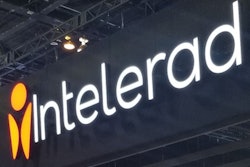
Medical image-sharing technology provider Life Image is sounding the alarm that the healthcare industry is not prepared to comply with the Information Blocking and Improving Interoperability provisions of the Office of the National Coordinator for Health IT (ONC) Final Rule of the 2016 Cures Act.
The rule aims to improve electronic access, exchange, and use of health information. It also grants patients ownership of their health data without special effort or additional cost.
The ONC started enforcing the rule on April 5, but Life Image found many organizations do not meet basic interoperability standards. Furthermore, organizations are confused about rule requirements and the specific steps they must take to prepare.
Life Image sent out a survey last month to nearly 4,000 clinical, technology, and administrative leaders from provider, payer, IT, and other organizations. They found that 70% of participants were aware of the order going into effect but up to half of those participants also reported using practices defined by ONC as information blocking and will be noncompliant under the final rule. For instance, the organizations share records via paper or CDs, or charge patients fees to obtain their records.
Specifically, Life Image found the following:
- Nearly half of respondents either had not made any changes or did not know how to ensure their facility meets all the rule requirements.
- A majority of healthcare organizations did not use digital methods to share healthcare data with patients -- 66% still used paper and 32% used CDs.
- 47% did not know the term "information blocking" and 48% were unaware of practices or policies that would fall into this category.
- 39% were unaware they could incur civil monetary penalties for information blocking.
- 15% charge $25 or more for patients to obtain their records.



















